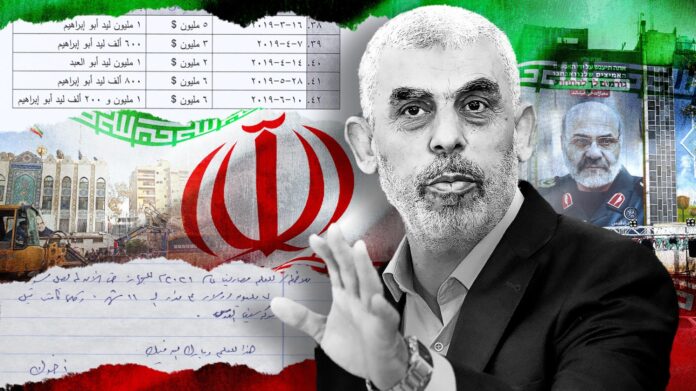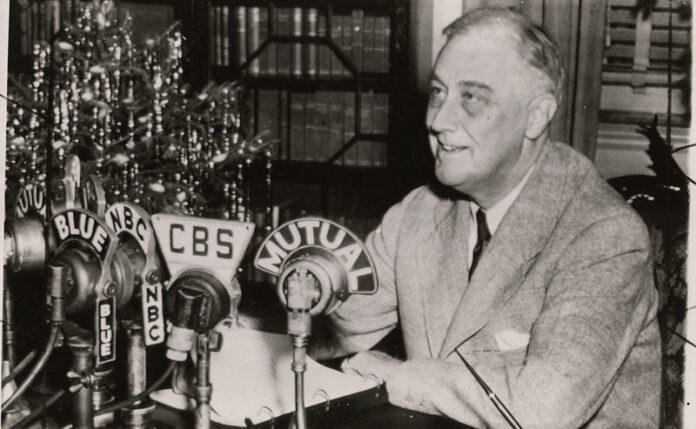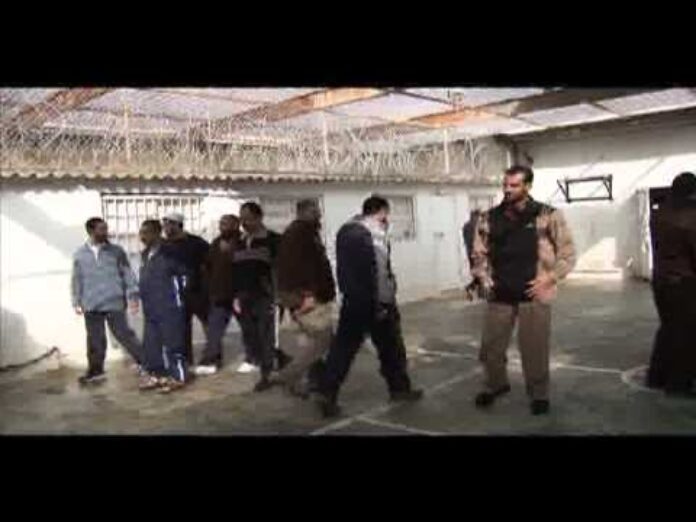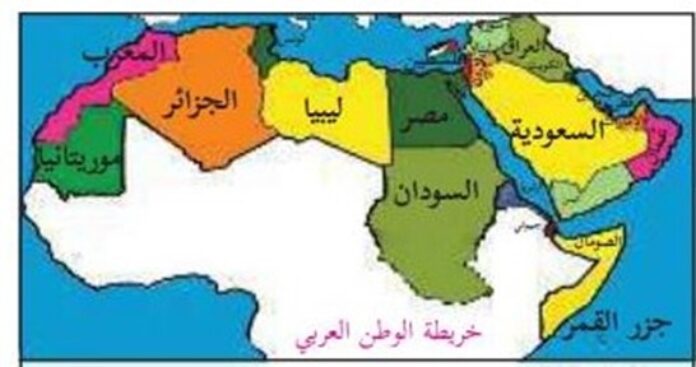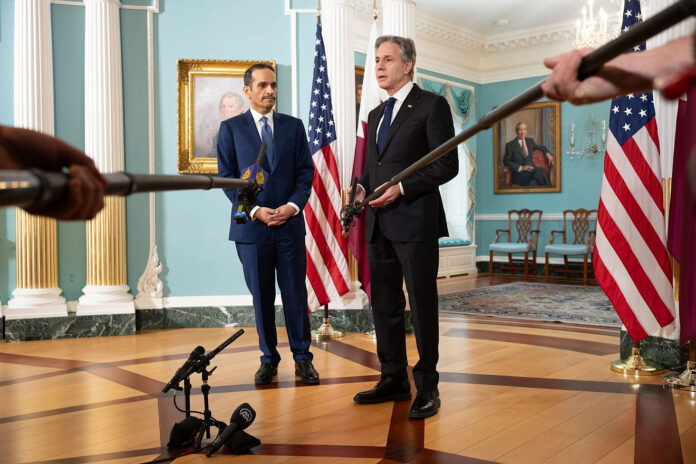“A period of time when an individual or group is exposed to criticism, condemnation, attack or recrimination.
This definition entirely encapsulates the frenzied fury being currently generated by all and sundry against Israel and its supporters worldwide.
At the best of times, the barrage of bombastic recriminations issued forth on a daily, almost hourly basis. However, when yet another situation arises that necessitates drastic action, the volume of howling hate ramps up.
This is exactly the situation which now exists.
There is one overriding fact that friends and critics alike prefer to overlook or, more probably, deliberately sweep under the carpet.
Ever since the return of Jews to their ancestral historical homeland, they have faced an unremitting campaign of terror designed to deny their inalienable rights to settle there. In other words a total state of war has existed and continues to exist with all those whose agenda is the murder and elimination of the Jewish State.
It is important in these woke times that we do not mince words and succumb to meaningless diplomatic mumbling.
In a war situation, there unfortunately are occasions when human error and unintentional missteps cause collateral casualties, such as in the recent targeting of an aid convoy in Gaza. These situations, tragic as they may be, must be seen for what they really are, namely, mistakes as opposed to deliberate targeting of innocent individuals or groups.
This is where the current explosions of fake righteous wrath by so-called friends and long-time haters alike must be challenged for the hypocritical convulsions they represent.
As soon as the news broke, it was a given that all and sundry would be straining to unleash all their pent-up fury and frustrations against Israel. Sure enough, the torrent of unsolicited demands immediately gushed forth. At the same time, the media onslaught cracked into high gear. One could almost hear journalists and editors salivating at the prospect of being able to bludgeon Israel and by extension, Zionists in their editorials and reports.
In their eagerness to smear Israel and find it guilty of the worst crimes known to humanity its evil intentions and deliberate deceitfulness must be hammered home. Like the libels of the Middle Ages, the masses must be conditioned to believe that Jews/Zionists are the reason that innocents are being targeted.
It does not take much effort for the lies to spread and stick as can be seen from the masses who mindlessly participate in weekly demonstrations vilifying everything and everyone connected to Israel.
One of the most obviously transparent deceptions being swallowed is the accusation that portrays Israel as the only country in the world that has bombed innocent civilians. Pompous politicians from the four corners of the globe are falling over themselves in order to show that they alone hold the moral high ground. The hypocritical condemnations and demands made by leaders of non democratic nations can be dismissed and ignored. It is the mealy-mouthed democracies that quiver in the face of Islamic terror threats that raise the hackles of most Israelis.
Preaching morality and scolding Israel is galling when it issues forth from the very countries that themselves have been complicit in killing innocent civilians during military action.
When the current UK Foreign Minister, Lord Cameron, was Prime Minister in 2011, he enthusiastically supported the NATO-led bombing of Libya, during which numerous Libyans died as a result of misaimed bombs. Included in the civilian casualties were ambulance workers. Neither worldwide convulsions nor Cameron’s resignation followed. That has not stopped Cameron from demanding “a full and frank explanation and admission of Israel’s guilt” with a threat of impending UK sanctions.
As though this nauseating British pomposity is not bad enough we are now subject to the same rhetoric from the Biden White House and State Department. Anyone would think that not a single innocent civilian was ever killed by American actions in Iraq, Afghanistan and Vietnam. Women and children were bombed “by mistake” at wedding parties and other collateral fatalities occurred during the campaigns to eliminate Saddam Hussein, the Taliban and the Vietcong. Did those responsible find themselves hauled in front of the International Court of Justice or pilloried on a daily basis at the UN? How many innocent men, women and children did the US abandon to the merciless savagery of the Taliban when they fled from Afghanistan?
The French and Belgians have a similar sordid history in their colonial wars yet none of this is thrown in their faces. These countries and other democracies prefer to forget their own much more heinous actions in preference to concentrating their double standards on Israel.
The media, of course, are more than willing partners in this campaign of vilification, condemnation and delegitimization. I saw an excellent cartoon in which someone reading a newspaper said to his companion that “newspapers are much smaller these days.” His friend responded by saying “yes, that’s because they only report half the news.”
Penny Wong, Australia’s Foreign Minister, has been working overtime in lecturing, hectoring and threatening Israel. Contrast this with her refusal to visit the sites of the 7 October pogrom. Now, she is preparing the ground for recognition of “Palestine”, which, in her professional opinion, is the only way that peace and tolerance can be achieved. Anything more removed from reality would be hard to find, but that is the prevailing ignorant political mantra that exists. Israel is already investigating the tragic incident but despite this the Australian Government has felt compelled to appoint its own investigator. It seems that, according to Albanese and Wong, Israel cannot be trusted to carry out an impartial inquiry.
This sick thinking has infected large swathes of so-called “progressives” worldwide. US Senator Elizabeth Warren and other Democrats are insinuating that Israel is “likely” complicit in genocidal war crimes. This steady drip feed of ill will has spread to every continent with French, Irish, Scandinavian, South African and South American politicians and media joining the feeding frenzy of hate. It explains why some one like the Spanish Prime Minister can assert that “Israeli attacks on Hamas threaten world safety.” Not so long ago Jews were accused of world domination. Now it seems the Jewish State is guilty of destroying world peace because it is prepared to deal with jihadists who threaten civilization.
Sadly, this malady has also affected many Jews who join the mindless mobs as they demonstrate, demonize and shout ignorant slogans.
One gets a sense of how the US has capitulated to Islamic terror threats when looking at the reaction to Iranian-sponsored attacks. The Houthi terrorists in Yemen are engaging in piracy on the high seas while their citizens starve to death. The US & UK have refused to deal seriously with this. Despite feeble attempts at countermeasures, the piracy continues. Now, the US State Department has proclaimed “that we favour a diplomatic solution because we know that there is no military solution. If they stop attacking ships, we could remove their terrorist designation.” Does anyone hear the echoes of Chamberlain’s appeasement policies towards the aggression of Germany & Italy in the 1930s?
It is obvious that nothing has changed and that the refusal to stand up to bullies and genocidal plotters will inevitably lead to the same disastrous results as in the past.
The son of Hamas’s founder articulated what should be obvious but, unfortunately, escapes the logic of all of Israel’s detractors. He declared that there is no difference between Hamas and Palestinians. Unless and until Islamic jihadists are deradicalized there is no possibility of any sort of peaceful coexistence.
It is a pity that that all those who have declared open season on Israel/Zionists/Jews and have succumbed to the ancient virus of hate refuse to internalise this basic truth.
Michael Kuttner is a Jewish New Zealander who for many years was actively involved with various communal organisations connected to Judaism and Israel. He now lives in Israel and is J-Wire’s correspondent in the region.






